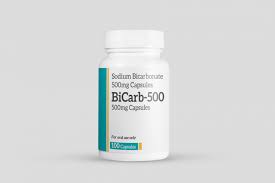What are the 10 most common tablets for gastrointestinal problems?
We will now describe what are the 10 most common tablets for tummy and bowel problems.
Antacids
1. Sodium bicarbonate

Others include: aluminium hydroxide, magnesium hydroxide, calcium carbonate, bismuth subsalicylate.
Proton pump inhibitors (PPIs)
2. Omeprazole
Others include: lansoprazole, rabeprazole, esomeprazole and pantoprozole.
Histamine-2 antagonists
3. Ranitidine
Others include: cimetidine, famotidine and nizatidine.
Promotility agent
4. Metoclopramide
Anti-spasmodic (e.g. for irritable bowel syndrome, IBS) agent
5. Mebeverine
Others include: hyoscine butylbromide (Buscopan).
Bile Acid
6. Ursodeoxycholic acid
This is a bile acid which is produced naturally by the body. It works by reducing the amount of cholesterol released by your liver and by slowly dispersing the cholesterol. This breaks up the stones.
Bile acid binder
7. Colestyramine
This prevents bile acids from being reabsorbed (recycled) into your body, and this action can be useful in a number of different conditions.
You may be prescribed colestyramine sachets to help lower the amount of cholesterol in your blood, or to reduce itching caused by a problem in your bile ducts (such as primary biliary cirrhosis), or to help reduce diarrhoea caused by certain medical conditions or treatments.
Anti-inflammatory agent (e.g. for ulcerative colitis and Crohn’s disease)
8. Sulfasalazine
It has two components: 5-aminosalicylate (5-ASA) and sulfapyridine. Sulfasalazine is also used to treat rheumatoid arthritis, ankylosing spondylitis, psoriatic arthritis, and juvenile idiopathic arthritis.
Anti-diarrhoea agent
9. Loperamide
Anti-constipation agents
10. Senna
Other include: lactulose, docusate sodium, bisacodyl.
Summary
We have described what are the 10 most common tablets for tummy and bowel problems. We hope it has been helpful.

